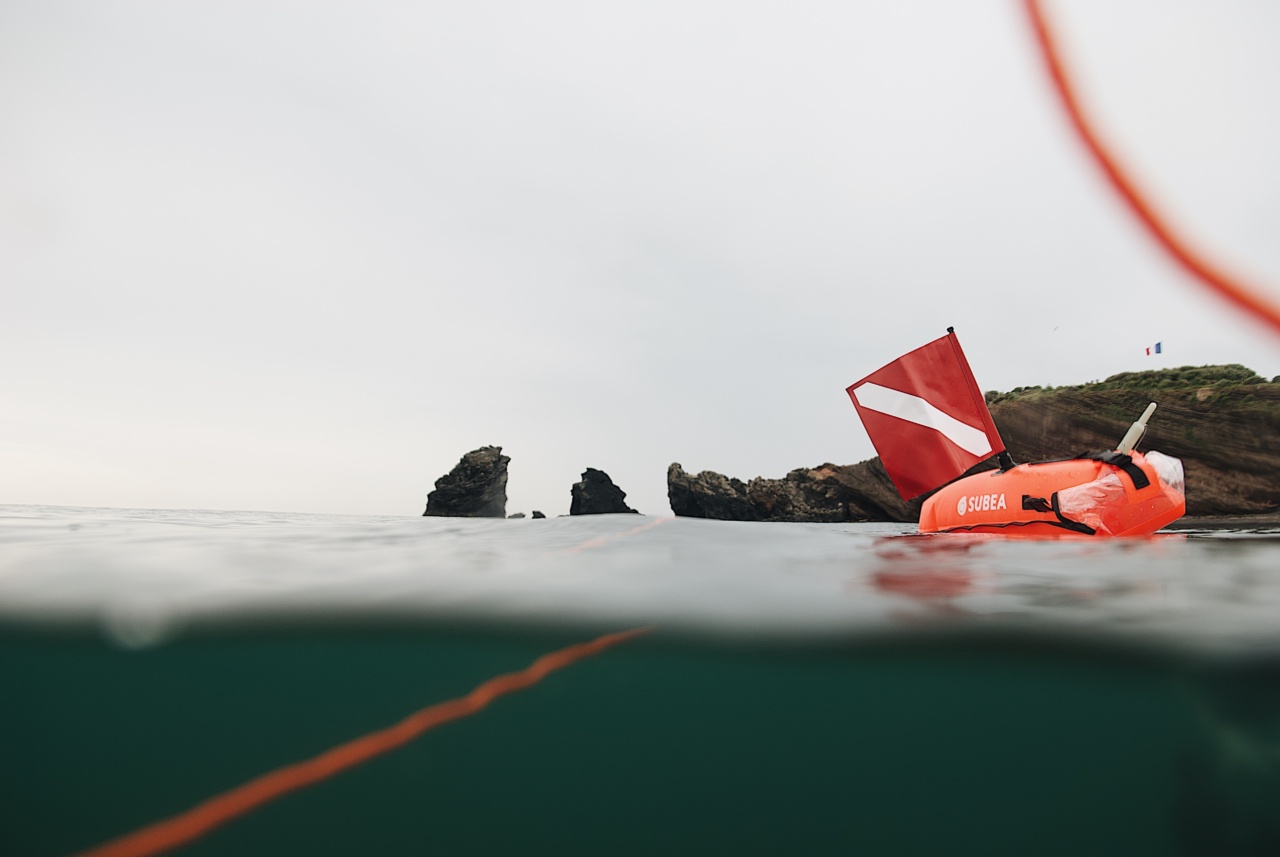Swimming is not only a great way to cool off during the summer months, but it is also an excellent form of exercise. However, it is important to prioritize safety while enjoying this activity.
Whether you are swimming in a pool, lake, or ocean, following these seven rules can help ensure a safe and enjoyable swimming experience.
Rule 1: Learn to Swim
The first and most important rule of swimming safely is to learn how to swim. Taking swimming lessons from a certified instructor can help you gain the necessary skills and knowledge to be confident and safe in the water.
Learning to swim not only empowers you but also reduces the risk of accidents and drowning.
Rule 2: Swim in Designated Areas
When swimming, always choose designated swimming areas. These areas are usually monitored by lifeguards, ensuring immediate assistance in case of an emergency.
Avoid swimming in unknown or prohibited areas, as these may have hidden dangers such as strong currents or underwater hazards.
Rule 3: Never Swim Alone
Swimming with a buddy is crucial for safety. Having a swimming companion provides an extra pair of eyes and support in case of any mishaps. In an emergency situation, a buddy can seek help or assist you until professional help arrives.
Remember, even experienced swimmers can encounter unforeseen circumstances.
Rule 4: Observe and Follow Pool Rules
When swimming in a pool, it is essential to follow all pool rules and regulations. These rules are put in place to maintain a safe environment for everyone.
Pay attention to signs, such as depth markers or warnings about diving, and respect them accordingly. Following pool rules can prevent accidents and injuries.
Rule 5: Use Safety Equipment
Using appropriate safety equipment is essential, especially for inexperienced swimmers. Life jackets, kickboards, or flotation devices can provide extra support and prevent fatigue or drowning.
Children and weak swimmers should wear life jackets or other approved flotation devices when in or around the water.
Rule 6: Stay Hydrated and Protect Your Skin
Swimming can cause dehydration, so it is important to drink plenty of water before, during, and after swimming. Additionally, sunlight reflecting off the water can increase the risk of sunburn.
Apply waterproof sunscreen and wear a hat and sunglasses to protect your skin and eyes from harmful UV rays.
Rule 7: Be Aware of Water Conditions
Always be aware of the water conditions before swimming. Check for any warning signs, such as strong currents, high waves, or dangerous marine life.
Avoid swimming during severe weather conditions such as lightning storms or heavy rain, as these can pose additional risks. Being conscious of the water conditions helps prevent accidents and potential injuries.
Follow these seven rules to ensure your safety while swimming. Remember, swimming is a recreational activity and should always be approached with caution.
By taking necessary precautions and being aware of potential risks, you can confidently enjoy your time in the water.





























